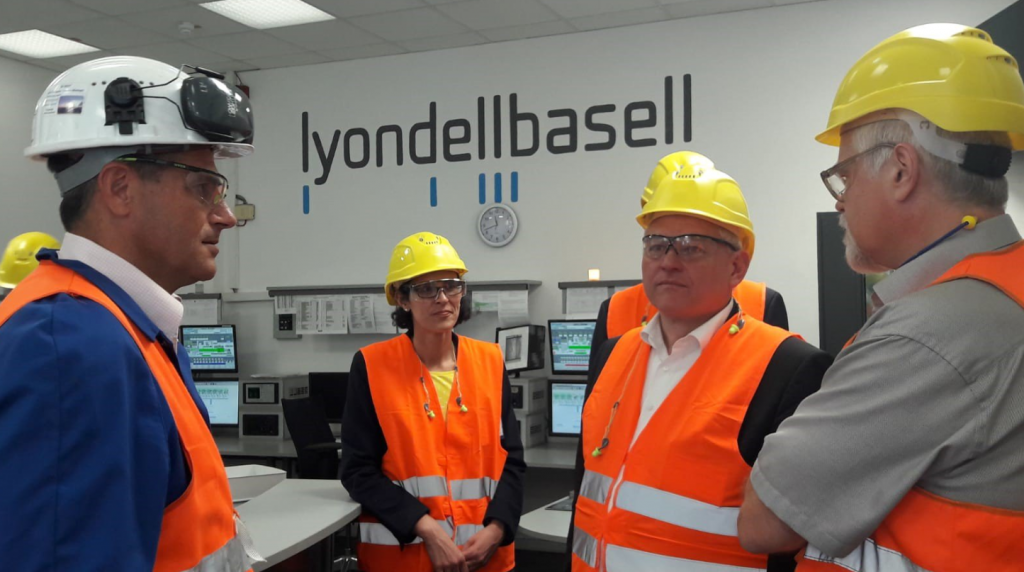Leading plastics, chemical and refining company LyondellBasell is exploring how to advance the chemical recycling of plastic materials together with the Karlsruhe Institute of Technology, based in Germany.
The focus of the partnership between LyondellBasell and the Karlsruhe Institute of Technology (KIT) is to develop a new catalyst and process technology to decompose post-consumer plastic waste, such as packaging into monomers for reuse in polymerisation processes. The collaboration is also meant to address a ‘growing need’ for improving the sustainability profile of high-quality plastics in Europe.
Highly efficient depolymerisation
In recent years, KIT has developed an innovative technology to realise the thermal conversion of complex organic feedstock. ‘Now the goal is to develop a high efficiency and clean plastic depolymerisation process, through catalyst innovation, to transform plastic waste back to the chemical building blocks,’ reports Massimo Covezzi, senior vice president of research & development at LyondellBasell.
‘Introducing LyondellBasell’s advanced catalysts to our process will greatly improve depolymerisation efficiency for polyolefin waste,’ according to Hans Leibold from KIT´s Institute for Technical Chemistry.
Complementary recycling solution
‘Earlier this year we announced a 50% share in Quality Circular Polymers (with Suez) to drive the development of high quality recycled polyolefins from the mechanical recycling of sorted post-consumer waste streams,’ comments Bob Patel, ceo of LyondellBasell. ‘This new cooperation will be a major step towards chemical recycling and extend our contribution to the circular economy,’ he remarks.
The businessman stresses that chemical recycling is uniquely capable to treat multi-layer and hybrid plastic materials, which can’t be easily recovered by traditional recycling systems. As such, chemical recycling tecniques are ‘complementary’ to mechanical recycling.
‘Premium’ polymers hub
The Quality Circular Polymers facility is described as a ‘premium’ plastics recycling company, located in Sittard-Geleen, the Netherlands. The plant is said to be capable of converting consumer waste into 25 000 tons of polypropylene and high-density polyethylene per year initially. This capacity will be expanded to around 35 000 tons later in 2018 and 100 000 tons by 2020.
Don't hesitate to contact us to share your input and ideas. Subscribe to the magazine or (free) newsletter.



